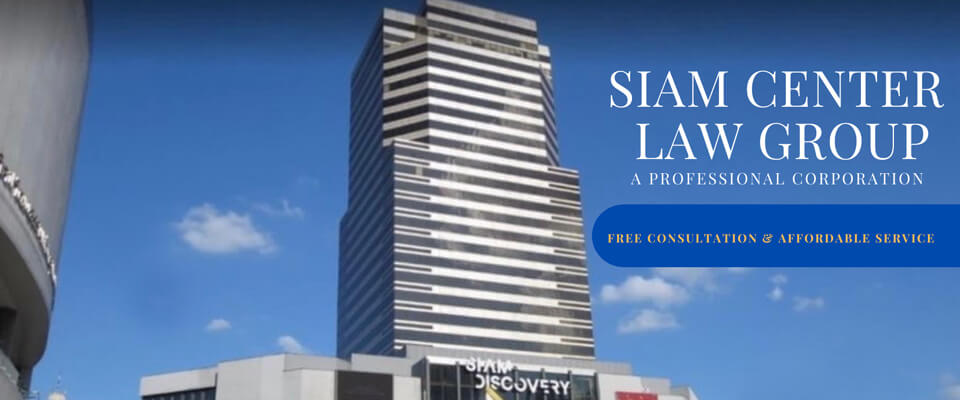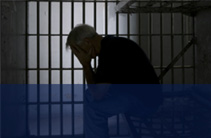Thai law firm gives an in-depth overview of the criminal law system that usually employs five types of sanctions: fines, property forfeiture, confinement sentences, imprisonment sentences, and the death sentence.
- Fines
Fines are imposed on petty crime offenders. They pay this fine to the government much akin to the US. If the fine is jumped then a confinement order is issued. In any case, where the judgement set involves prison sentence and a fine, the judge may drop the prison sentence and impose the fine only
- Confinement Sentence
A confinement sentence is normally set at three months. A confinement sentence is applicable where a first-time offender gets a prison sentence of three months. Confinement is often viewed as less severe than prison.
- Imprisonment and Death Sentence
An Imprisonment sentence is imposed on criminal offenders and can range from one day sentence to life imprisonment.
Death sentence is often done by a firing squad and prisoners served with a death sentence, often have their prison term sentences reduced. The death sentence, in as much as it seems gruesome, it has been fashioned by Thai law Firm. Moreover, the only royal ruler can pardon prison inmate.
An offender can also be slapped with a probation by Thai Law Firm, but only when the offender is deemed good of conduct while serving a portion of their sentence. Probation is often issued for the offender to re-establish his or her character in the society into a model citizen.
Department of Corrections
The last phase of the Thai criminal law system is the Department of Corrections. Here, custody and rehabilitation of the offenders take place. The Department of Corrections, once judgment has been handed, detains the individual (provided they’re 18 years and over), ensure the rights of convicts are aligned with the law, ensure the prisoner receives basic needs, provide training in readiness for the society, ensure the safety of inmates as well as co-operate with other criminal justice agencies.
The primary aim of the Department of Corrections is to reduce thai law firm, thai law, criminal law, criminal law system, criminal law system in thailand, criminal law, criminal law system in thailand, thai criminal law system and eliminate repeat offenders by enabling prisoners to be skillful in crafts as well as being morally upright in the eyes of the community and the society in general.
Juvenile and Family Courts
Thai criminal law system does not prosecute individual younger than 7 or hold them liable for crimes. Individuals from the age of 7 to 14 cannot also be charged under Thai Law, they, however, face juvenile procedures where they reflect on their misdeeds and help them turn over a new leaf. Juvenile and Family courts have jurisdiction over those less than 18 years who cannot be charged under Thai Criminal Law and most of their sentences includerehabilitation sanctions, skill training, and reunions.
Law Enforcement
Thai criminal law system is enforced by the Thai Royal Police Force. As a subdivision of the Ministry of Interior, they are tasked with law enforcement throughout the entire kingdom. Operational units of the Royal Police Force include Border Patrol Police, Provincial Police, and Metropolitan Police. All operational units are coordinated centrally from the headquarters in the capital, Bangkok.





